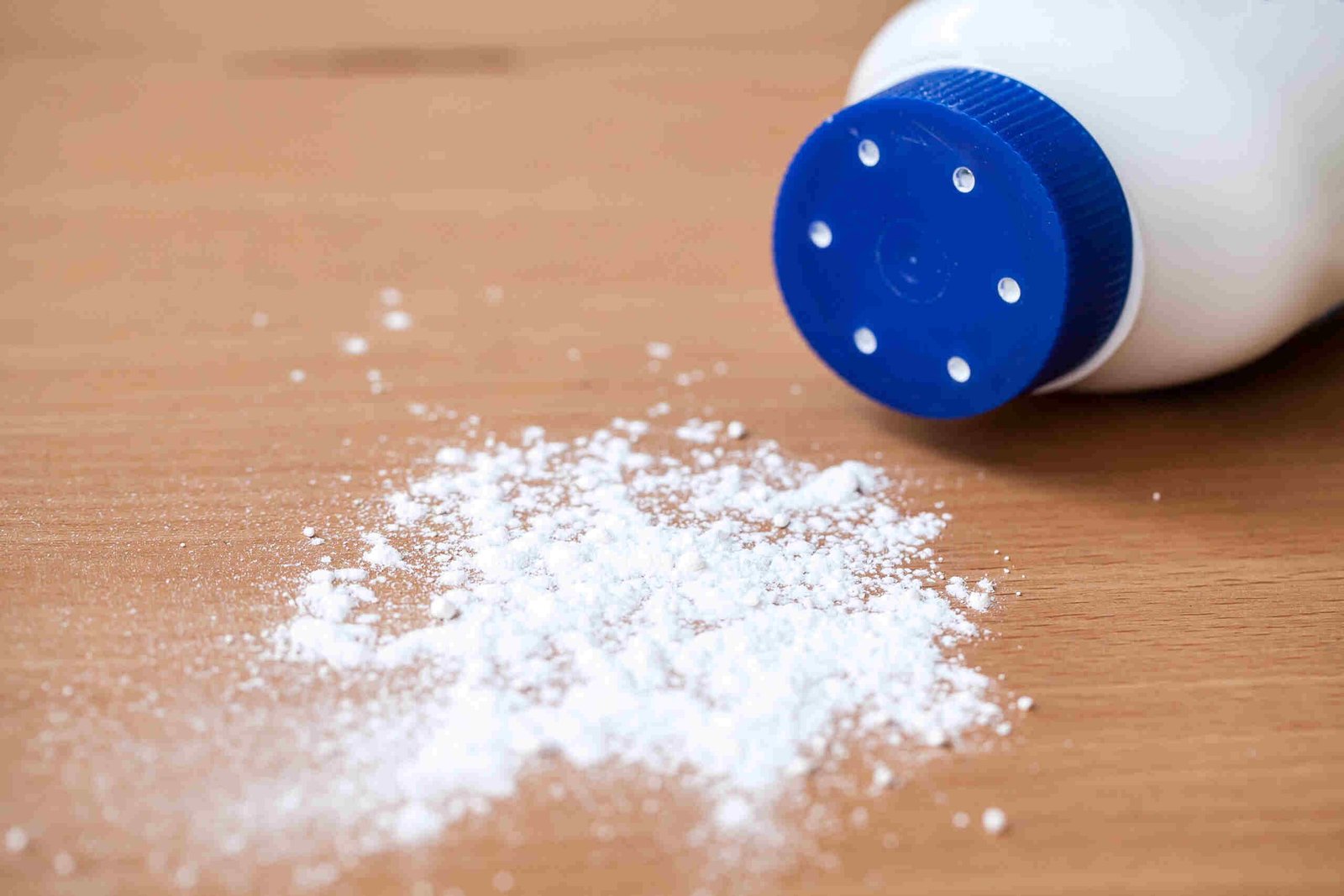Somebody you love may have been harmed or killed by a defective product. What do you do? Peterson Law can help. Our experienced attorneys will advise you on the best way to take your case against the company that made the product. We’ll also provide resources, support, and advice throughout the legal process. Contact us now for a free consultation!
When Should You File a Lawsuit?
If you are affected by a baby powder product, there are several things that you should do to protect yourself. First, talk to a lawyer about your options. Lawsuits against baby powder companies can be complex and may take years to resolve. Second, assume that the company is liable for your injury and start planning for the long-term consequences. This means insurance, disability insurance, and potential settlements. Finally, File a lawsuit as soon as possible after you have been injured because the longer the company has to defend itself, the more delay it will put in resolving your case.
Who can File a Lawsuit Against the Baby Powder Company?
If someone in your family have been diagnosed with ovarian cancer after using talcum powder for feminine hygiene then you can be able to file a baby powder lawsuit against the company.
Allergic reactions to baby powder are not at all uncommon; in fact, they are one of the most common causes of allergic sneezing and itchy eyes. Baby powder companies know that people are likely to use their products if they believe they will not suffer any adverse effects, so they often make their products without key ingredients that could cause an allergic reaction. By filing a lawsuit against the baby powder company, you can hold them accountable for their negligence and ensure that other consumers do not end up suffering the same fate as you.
What are the possible Legal Claims to Make?
Possible legal claims to make against a baby powder company include:
1. Defective product – The baby powder may be defective because it does not work as intended, is harmful, or causes injury.
2. False advertising – The company may have made false or misleading statements about the product’s benefits or qualities.
3. Fraud – If the company deceived consumers by concealing information about the risks or side effects of the product, this could be considered fraud.
4. Unfair business practices – Companies that engage in unfair business practices can be held liable for damages. This could include charging higher prices than necessary, making false claims about the efficacy of the product, or refusing to honor returns and warranties on products.
5. Wrongful death – If a baby Powder user dies as a result of using the product, their loved ones may have grounds to file a lawsuit seeking financial compensation for their loss.
How Many Damages Can You Seek?
If you believe that you or a loved one has been harmed by a baby powder product, there are several steps that you can take to seek compensation. Baby powder products are commonly used around the world to keep babies dry and healthy, but according to some plaintiffs, these products can also cause serious health injuries.
When filing a lawsuit against a baby powder company, you should first assess the damages that you believe you have suffered. This will help you determine the amount of money that you may be able to receive in compensation. If the baby powder product was ingested, your damages may include medical expenses and pain and suffering. If the baby powder was applied directly to the skin, your damages may include scarring and other physical injuries.
In addition to compensating plaintiffs for their losses, courts may order defendants to pay punitive damages if they have caused significant harm. Punitive damages serve as a warning to other companies and are designed to punish defendants for their actions instead of compensating victims. Courts award punitive damages only in rare cases where egregious misconduct has occurred.
What is the Statute of Limitations for Filing a Lawsuit?
The statute of limitations for filing a lawsuit varies depending on the type of case. In general, statutes of limitations apply to legal actions in which someone attributes a personal injury to another person or files a lawsuit against an organization.
The time limit that applies to most lawsuits is three years from when the alleged wrongdoing took place. For some types of cases, like medical malpractice, the time limit is longer, usually six years from when the damage was done. The time limit can also be extended if you can prove that you tried to put forth a claim within the time limit and that you faced an obstacle preventing you from doing so.
Also, Read About:-
Hiring A Wrongful Death Lawyer: What You Should Know


